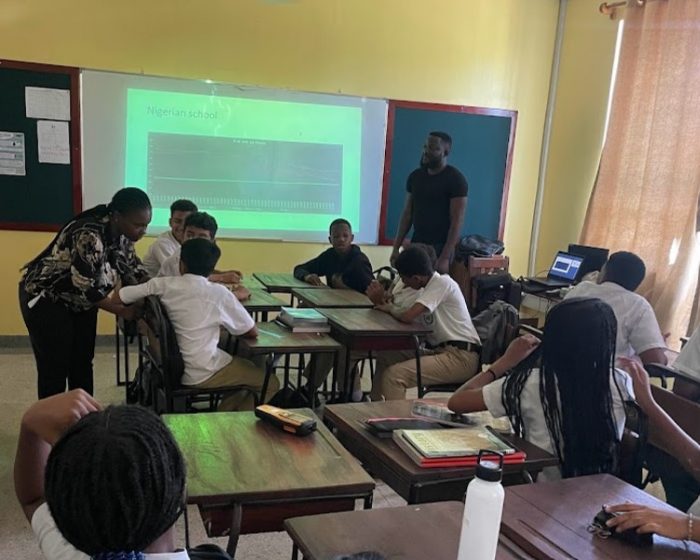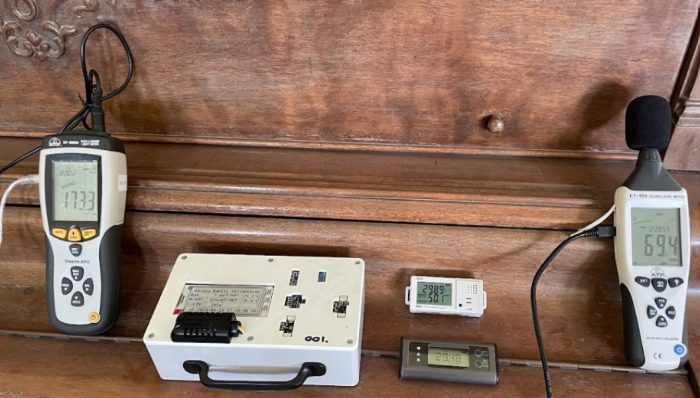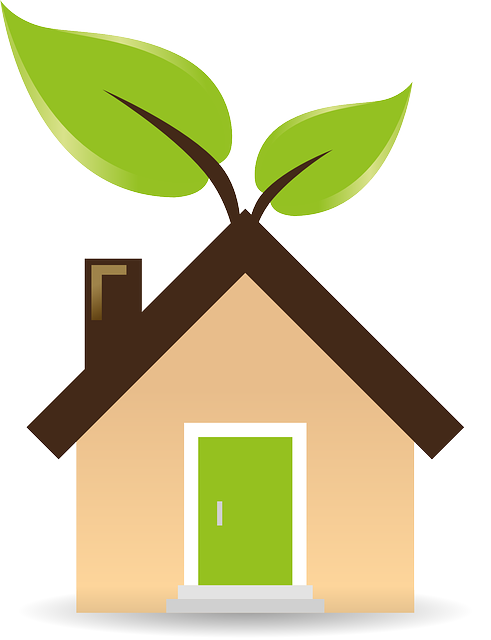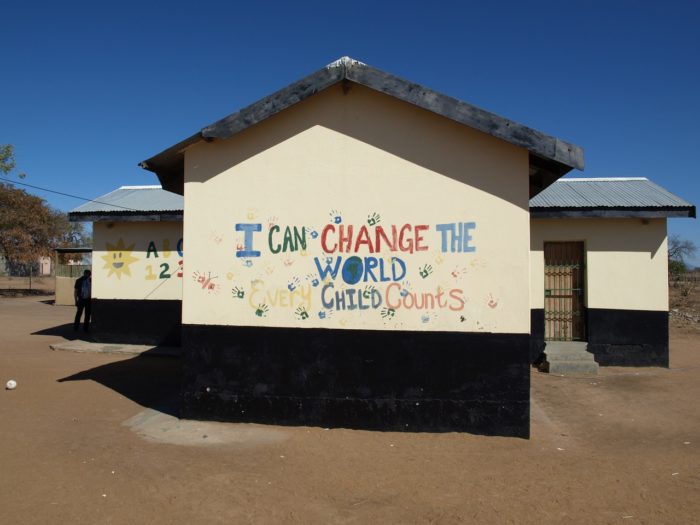Funded by the UK Foreign, Commonwealth and Development Office, the Improving Learning Through Classroom Experience (ILCE) programme focuses on investigating whether modification of the built environment (temperature, light intensity, and acoustics) can positively impact the classroom experience to improve learning.
Continue reading “IMPROVING TANZANIAN CLASSROOMS: Conducting surveys in Tanzanian Schools – Second pilot”IMPROVING TANZANIAN CLASSROOMS: Trialling environmental sensors in Tanzanian Schools – First pilot
Funded by the UK Foreign, Commonwealth and Development Office, the Improving Learning Through Classroom Experience (ILCE) programme focuses on investigating whether modification of the built environment (temperature, light intensity, and acoustics) can positively impact the classroom experience to improve learning.
Continue reading “IMPROVING TANZANIAN CLASSROOMS: Trialling environmental sensors in Tanzanian Schools – First pilot”The Importance of Climate-Friendly School Buildings in Africa
The world is grappling with the effects of climate change, specifically global warming and biodiversity loss. Human life is greatly impacted by extreme weather events, and in Africa, warm and hot climates prevail all over the continent, with the northern part mostly arid and with high temperatures.
This blog considers the effect of climate change on school buildings and, subsequently, on learning. Implementing simple but creative solutions using design principles, local resources, and know-how can have a positive and significant impact. Read on to find out more.
East Africa is characterised by an equatorial tropical climate which is considered moderate, with temperature and humidity levels comfortable most of the year compared to other areas with more extreme conditions. However, it is among the world’s most vulnerable regions to the impacts of climate change from a projected increase in hot days and heavy precipitation.
Continue reading “The Importance of Climate-Friendly School Buildings in Africa”School: A Second Home for the Children
Nearly a third of the time in childhood and early teenage is spent in school classrooms. A school is a place to develop skills and abilities and create friendships. It is an environment for thriving social interactions that will be essential on their journey to adulthood. School should be a place where students learn, and have fun as well. School should not be a hindrance for children, because, in that space, they not only develop social, physical, and mental skills and abilities but also undergo physical changes. Therefore, no health risks should be at stake.
Continue reading “School: A Second Home for the Children”The “Improving Learning Through Classroom Experience” Study
Examples of small changes in building design, or retrospective adjustments, have anecdotally been shown to improve the learning experience in the region. There is little research on improving the learning experience through infrastructural development – or how to achieve these changes in sustainable and cost-effective ways. The objective of the ILCE programme is to garner greater insight into the role of infrastructure in students’ and teachers’ experiences, moving past anecdotal case studies and providing evidence through primary data measurement.
Where is the project based?
The project is based initially in Tanzania and will take insights from similar experiences in the East Africa region.
What is the duration of the study?
Fifteen months. From December 2022 to March 2024.
Continue reading “The “Improving Learning Through Classroom Experience” Study”




